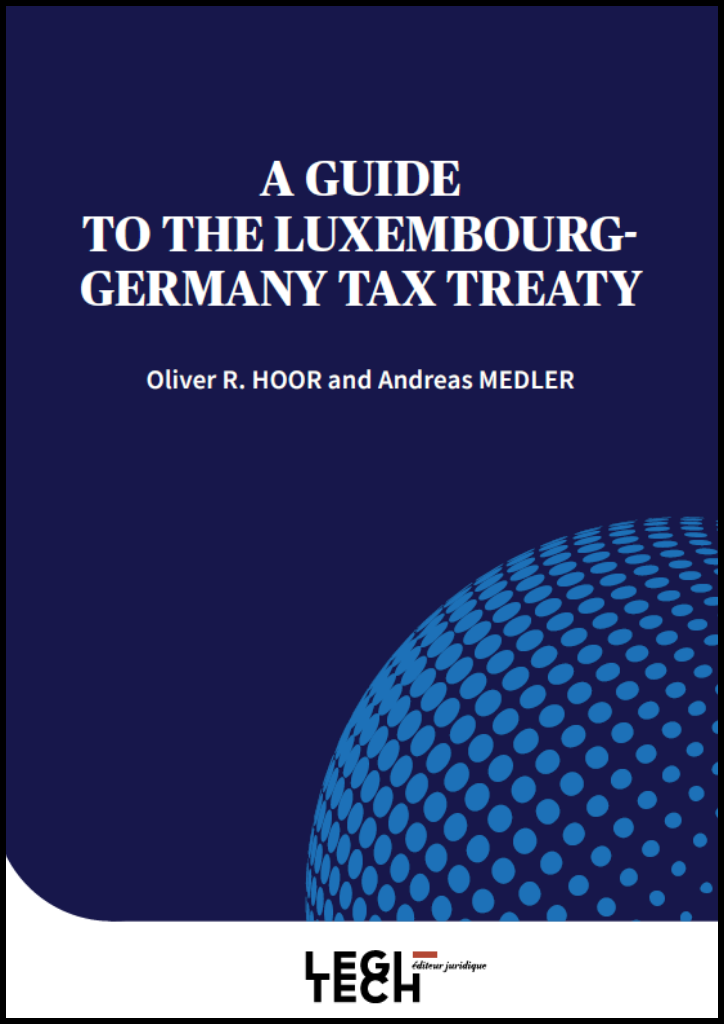Oliver R. Hoor is a Partner in the International and Corporate Tax department of ATOZ.
A tax professional since 2003, Oliver has experience in Luxembourg and international taxation with a focus on alternative Investments (private equity, real estate, sovereign wealth funds, hedge funds), mergers & acquisitions and multinational groups. Oliver advises clients on all direct tax aspects regarding deal structuring, maintenance, reorganisations and exit planning.
He is Head of Transfer Pricing and the German Desk. Oliver is further a member of the tax working groups of the Association of the Luxembourg Fund Industry (ALFI) and the Luxembourg Private Equity Association (LPEA).
Oliver is the author of more than 300 articles and books on Luxembourg and international taxation including Transfer Pricing and related documentation requirements, the OECD Base Erosion and Profit Shifting (“BEPS”) Project and the EU Anti-Tax Avoidance Directives (ATAD 1 & 2), reporting obligations of tax intermediaries (DAC 6), current initiatives of the EU Commission in the field of direct taxation (ATAD 3, BEFIT, DEBRA, SAFE, DAC 8, …), the OECD Model Tax Convention and Tax Treaties, EU Law and the State Aid investigations of the EU Commission. He is also a regular speaker at conferences as well as a lecturer with Legitech and ILA.
Oliver is qualified as a Chartered Accountant in Luxembourg (“Expert-Comptable”) as well as a certified German tax adviser (“Steuerberater”). He holds a post-graduate degree in Luxembourg Tax and a degree in Business Administration with a major in Tax from the University of Applied Sciences of Trier (Germany).

